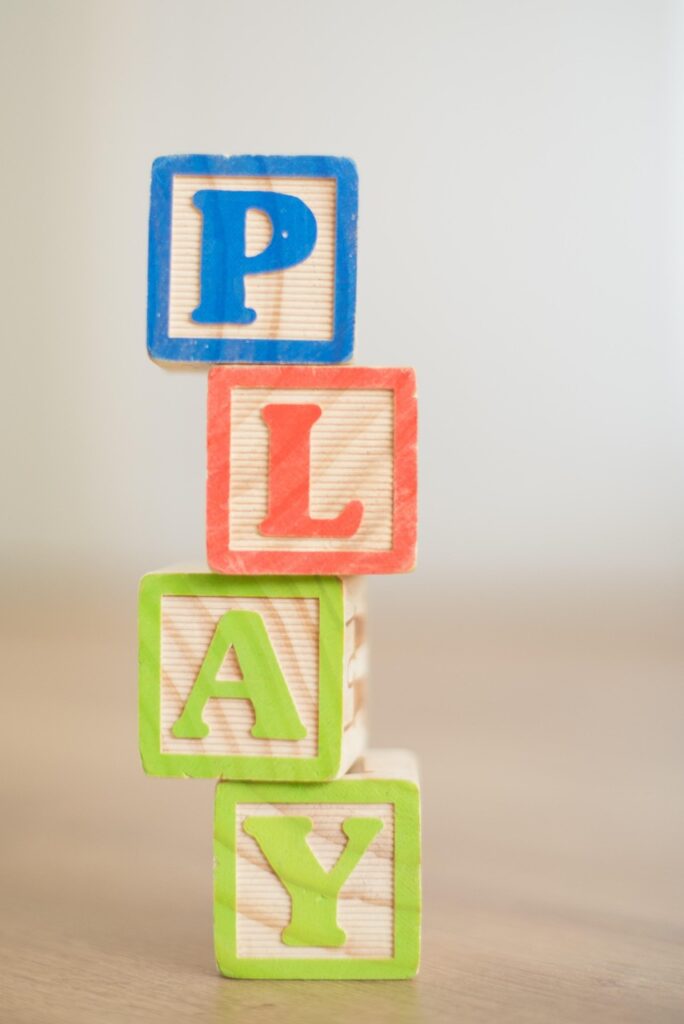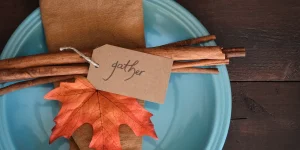The ABCs and 123s of Play Therapy
Category: Misc.
Play therapy might be the key to helping your child feel like themself again.

Topic Of Discussion
Kids don’t always have the words to explain what’s really going on inside, so their feelings often come out in other ways – meltdowns, aggression, withdrawal, or even refusing to go to school. These moments aren’t just “bad behavior.” They’re your child’s way of saying when something’s not right.
Play therapy gives kids a safe, comfortable way to express themselves. Through play, they can explore feelings, build coping skills, and start to make sense of their experiences. If your child is struggling with big emotions, changes at home, or seems “off,” play therapy might be the key to helping them feel like themselves again.
Preparing for Play Therapy
What any given session looks like depends a lot on your child’s age and personality. Little ones might use dolls, toy cars, building blocks, or art supplies to tell their stories, while older kids or teens might prefer card games, journaling, music, or sand trays.
No matter their age, the goal is the same: to give them space to process emotions, learn healthy coping skills, and grow their confidence. And yes, sometimes that means practicing how to lose a game without losing their cool! But your child can definitely expect to play and have fun!
What Happens During a Session
When you picture a play therapy session, think cozy and inviting — a room full of toys, art materials, and creative outlets ready to be explored. The therapist might observe, gently guide, or jump right into the play depending on what your child needs that day. It could be building with blocks one week and painting out big feelings the next. No matter what, it isn’t rushed; every child moves at their own pace, and trust takes time. In this way, consistency is key. Regular sessions give your child the stability and comfort they need to open up, explore, and start healing.
Play Therapists, Parents, and Progress (Oh My!)
Play therapists help kids name their emotions, handle challenges, and boost self-esteem in ways that feel natural and fun. Parents are part of the process too. Therapists share general themes and progress, along with tips for supporting growth at home. Sessions are confidential, meaning the therapist won’t share every detail, but they will keep you in the loop on general themes and progress. (Of course, the usual safety rules still apply when it comes to things like abuse or risk of harm.) And the good news? You can keep the progress going by creating small opportunities for play at home. Sometimes, a puzzle corner, a box of dress-up clothes, or some crayons and paper go a long way.
Wrapping It Up
At Tri-Star Counseling, we’re all about helping kids feel safe, seen, and supported as they work through life’s ups and downs. Every session is tailored to your child’s pace and personality, with room for creativity, growth, and a whole lot of heart. With consistency (and yes, some fun along the way), Play therapy can help your child find their voice, their confidence, and their calm. If your kiddo could use a little extra support, we’d love to help you take that first step.


